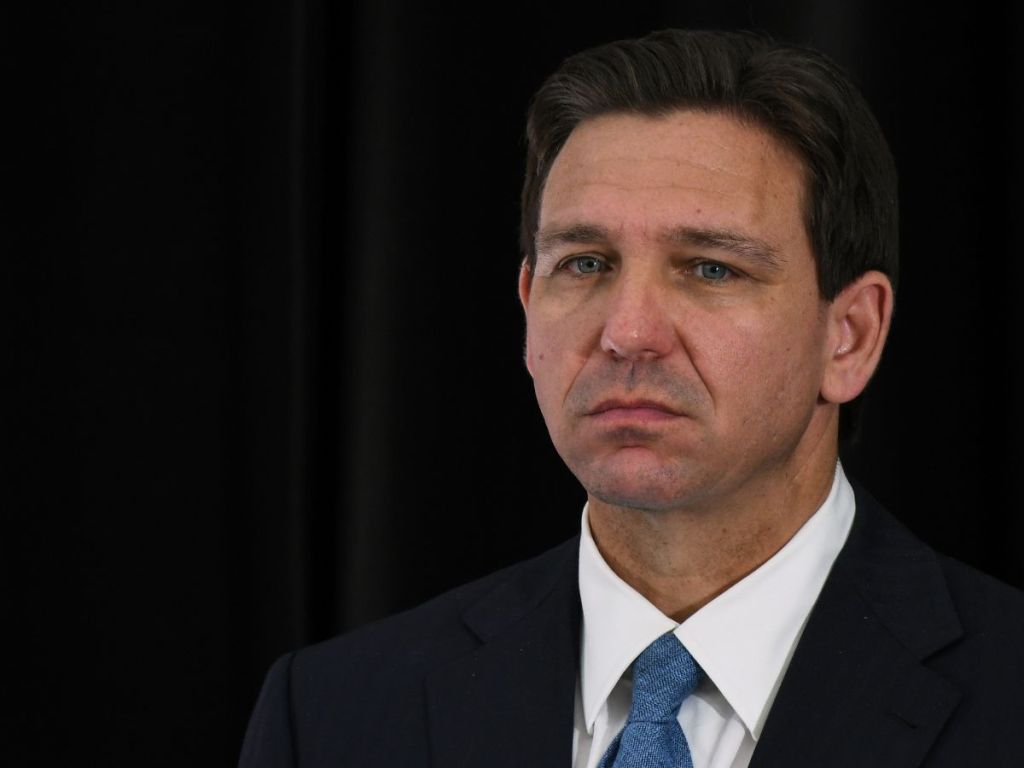Central Bank Digital Currencies (CBDCs) have entered the chat. And they are causing huge debates across the world. Recently, conservative Florida politician Ron DeSantis has made moves to ban CBDCs. Should Australia take note?
What is a CBDC?
A CBDC is a digital version of traditional money, made by a government’s central bank. They aren’t quite a cryptocurrency, which is why crypto enthusiasts can be suspicious of CBDCs. CBDCs are centralised, meaning they are controlled by a central body, like a government bank.
Cryptocurrencies, on the other hand, are mostly decentralised digital assets. Bitcoin for example, is not controlled by any person or entity, so it cannot be manipulated by a central power. There will only ever be 21 million Bitcoin, no one can “print” more to affect the value of the crypto.
Why are people fearful of CBDCs?
Central banks can use CBDCs to modernise money systems and decrease the cost of printing cash. However, because they are made and issued by the central bank, many people worry that there are privacy issues at stake. This is because every transaction made will be recorded on a public ledger. Governments could track people’s spending, and then stop them from buying certain things. An example from an imagined dystopian future is that if you have used too many carbon credits, you might not be able to buy flights.
If you have a good government, then CBDCs in theory could be fine. But if you have a terrible government, then CBDCs could become a nightmare.
CBDCs might be a force for good
Dr John Hawkins is a Senior lecturer at the Canberra School of Politics, Economics & Society, University of Canberra. He has written about CBDCs extensively and thinks we all need to calm the farm when worrying about CBDCs. He thinks they can be a potentially good thing.
“They are the digital currency that may take off. As the BIS chief economist put it, ‘anything that crypto can do, a CBDC can do better’.
Dr Hawkins says that most central banks are currently investigating them and conducting trials. “The Peoples Bank of China is most advanced of the major central banks. Two Caribbean central banks already have them in operation. Some central banks, such as the RBA, are yet to be convinced they are needed but still investigating. They may agree with the House of Lords committee who called them ‘a solution in search of a problem’.
“Being issued by central banks, they would be equal in value to national currencies and totally safe. So-called stablecoins claim this but some have collapsed and there are doubts around others. Two areas where they may prove useful are for smart contracts and for international remittances.
“They could come in various forms; wholesale and retail, and may be more like tokens or like the accounts commercial banks already have with central banks. The details of how they are constructed would determine how much concern there would be about privacy. People seem quite happy with their bank knowing an awful lot about them. But none of the central banks are planning to abolish currency or force people to use CBDCs so I don’t think they are anything to fear.”
DeSantis and his position
The US government has been experimenting with CBDCs, but while it conducts pilot programs, other politicians have come out with all guns blazing against the idea.
Florida Governor Ron DeSantis has declared war on Central Bank Digital Currencies. In fact, he wants to pass laws that will ban CBDCs in Florida if the Central Bank ever tries to introduce them.
DeSantis said in a recent speech, that citizens cannot be expected to trust a government that has bailed out the failed Silicon Valley Bank.
DeSantis also said that there was not a single systemic risk to the economy from the collapse of this one bank, but Silicon Valley Bank was bailed out because they were politically connected.
While there may have been other reasons that the bank was bailed out, which might not have been politically motivated, it has fuelled concerns that all of the country’s banks are at risk.
“The government is fighting inflation and managing the economy in ways that make it more difficult for average people, while shielding the banks from the pain associated with their policies and my question is, are you interested in giving these economic central planners more power over our economy, more power over your daily life and your economic activity?”
CBDCs in the US
Last year, US President Joe Biden issued an executive order to explore the creation of the US Central Bank Digital Currency, effectively converting the US dollar into a centralised digital currency.
On this, DeSantis claimed, “The central bank digital currency is all about surveilling Americans and controlling behaviour of Americans. And how do we know this? Because we’ve seen this happen in other parts of the world. Look no further than China to see the impacts of centralised digital currency. The People’s Bank of China uses its central bank to monitor citizen behaviour, allowing for the surveillance of spending habits and to cut off access to goods and services.”
DeSantis also cited claims of what is happening in Nigeria, with the government being accused of manipulating people once a CBDC has been introduced.
“Washington don’t have your best interests at heart. They have their own power at heart. What if you bought too much gasoline and they just won’t allow you to use the CBDC to make a transaction? You’re opening up a major can of worms and you’re handing a central bank huge, huge amounts of power.”

Laws
DeSantis says that the government has already ignored existing laws to bail out Silicon Valley Bank. Deposits were protected by law up to US$250,000, but above that, the depositor was supposed to take the hit on the loss. However, depositors got all of their money back, despite the law.
“Congress never changed that law. And yet, somehow the Treasury removed that cap for some of these banks. The law is not really going to be an impediment to them if they can get the Central Bank Digital Currency, they will use that in ways that benefit their agenda.”
DeSantis called on the legislature to pass legislation to expressly forbid the use of CBDCs as money within Florida. “This will ensure that Florida continues to be a state that supports innovation in the financial sector through the market while protecting against government surveillance over your personal finances.”
Central Bank Digital Currencies in Australia
Here in Australia, the Reserve Bank have been actively investigating the introduction of CBDCs. However, this has made some Australians nervous, and there has already been dissent in the forms of petitions and other backlash online.
Another item of concern revolves around foreign CBDCs gaining ground in our own economy. Concerns have been raised over the potential threat posed by China’s CBDC to Australia’s national security, for example.
Australian Senator Andrew Bragg recently called attention to this issue, saying that Australia needs to assess the risks posed by China’s CBDC.
While the Chinese government is piloting the digital Yuan, Senator Bragg says it has already made its way outside of China to the UAE, Hong Kong and Thailand. “If that currency became widespread in the Pacific or even within Australia, it would give the Chinese state enormous power, economic and strategic power doesn’t have today. I think we need to be prepared for that. We need to know more about this digital currency.”
It seems like the CBDC argument will rage on, as more pilot programs are unrolled.





